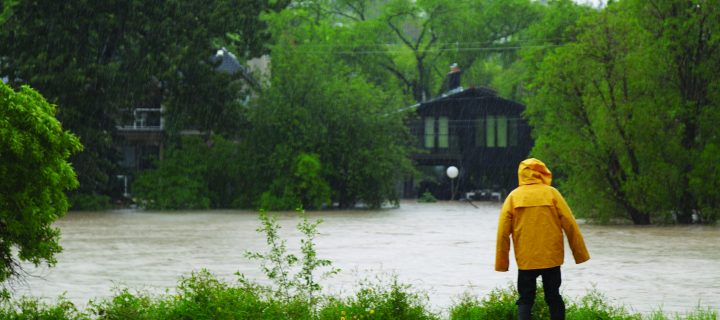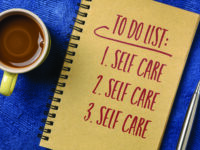By Terry J. Basile, Marriage and Family Therapist
It is spring and the earth is beginning to flower again. It is that precious time before the return of the oppressive heat of our summers. Yet, it is also the anniversary of the bombing at the Boston Marathon. I wish I could believe that this would be the last event of that kind, but I don’t. Sometimes it feels like there is an endless stream of tornados, floods, fires or earthquakes across the world that is brought into our homes through the media. Giant screens make the suffering more real and emotionally charged. We talk about it, unable to make any sense of it all. Our children are listening and watching it all. Even infants and toddlers can feel our distress.
As a therapist, working with children and trauma, I know that how we respond to a traumatic event is crucial in reducing the short and long term effects of the event on our young. How do we keep our children feeling safe in what we know more than ever is an unsafe world? How do we hold their “emotional” and “spiritual” hand through a national tragedy or natural disaster?
Let’s first talk about how we need to deal with our own feelings in order to help our children.
Often, after these events, we feel tired, distracted, angry, helpless and unsafe ourselves. No matter how depressed we feel, we need to activate emotional support through contact with family, friends, nature or our spiritual beliefs.
It is not a time to take on big changes at home or work. Allow some of your usual scheduled household tasks to slide.
There are ways to set up a healing atmosphere for your children, especially those 12 and under.
Turn the TV and computers off. Spend your time snuggling with the kids, playing board games or any family activity. Even though it might feel disrespectful to an adult, it is ok to laugh at your children’s silly jokes. This reassures them that life will continue as it was and that you all will be okay.
Keep discussion of current events simple. Answer questions truthfully, but with limited information. How many people died is not important information. ‘Why’ is far too complicated to address in terms of mental illness or politics. You can acknowledge that a terrible event happened and people were hurt.
Confirm that they are safe now and that you will do whatever you can to keep it that way. Some children might actually be relieved that you have a plan for a natural disaster. If not, create one. You may want to include older children in activities like buying extra water, stocking up on food and practicing exit strategies from your home. This should be a positive experience that shows that there are actually things we can do to better prepare for a disaster. We all feel better when we can take concrete action. So, if a child wants to write a card or send a personal donation to a disaster relief program, support them.
Always be sure to have a conversation about feelings. This is a “teaching” moment. Lead by example. Share your feelings with simple statements like, “I am sad. I am angry.” Then ask them how they feel. Help your child discover where in their body they hold their feelings. Then give them some ideas on how to release them. Some kids go outside and roar like a dragon or take a deep breath, then blow out all the ‘yucky feelings.’ It depends on the style of your child. Some will know exactly what they need to do, but others will need you to give them options. Include them in the decision. This is a tool that is useful every day and is invaluable to have in place in times of crisis.
The most important thing to remember is that children are not little adults. Do not expect them to deal with trauma the way you do. Your job as a parent is to ‘be prepared.’ Take a few minutes to discuss this information with partners, grandparents, school and childcare professionals. Then you can go back to enjoying the brighter light of spring, knowing you are ready for any clouds on the horizon.





